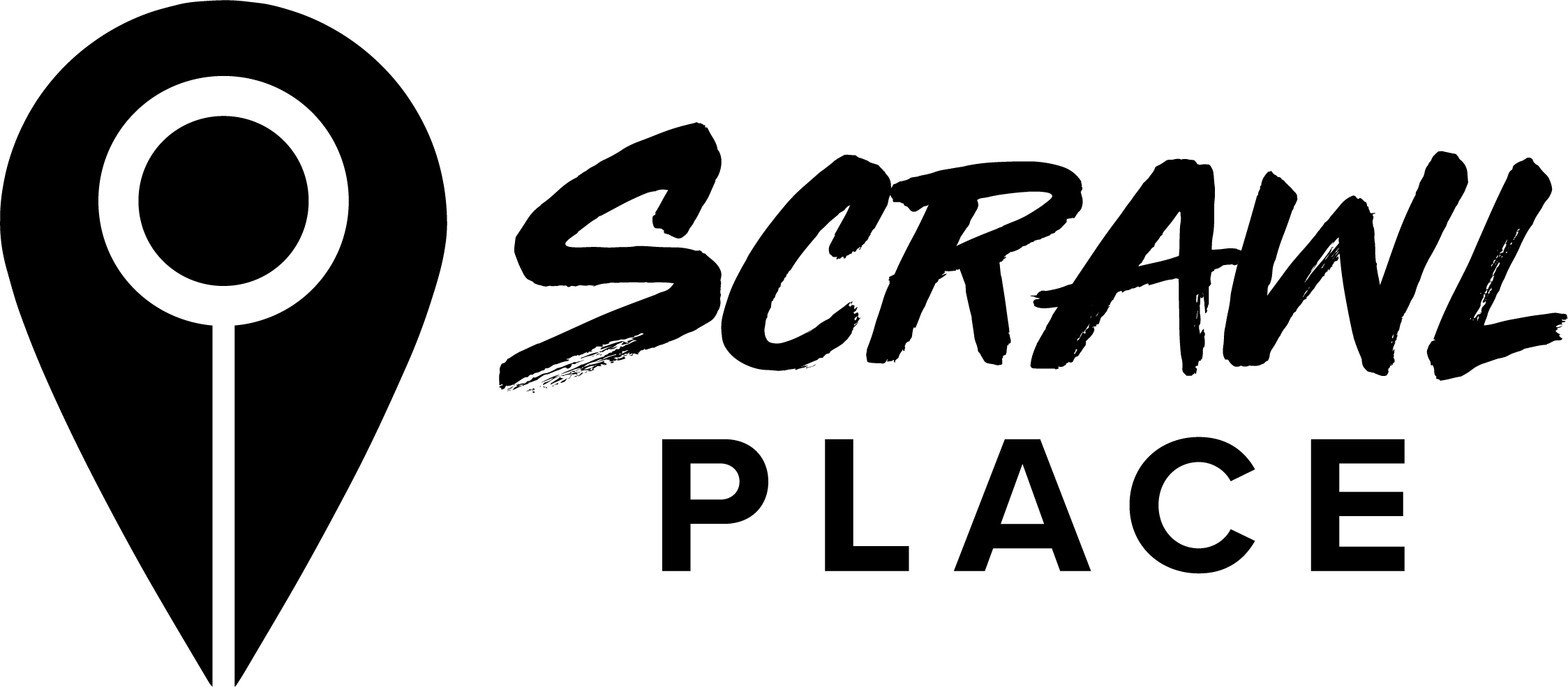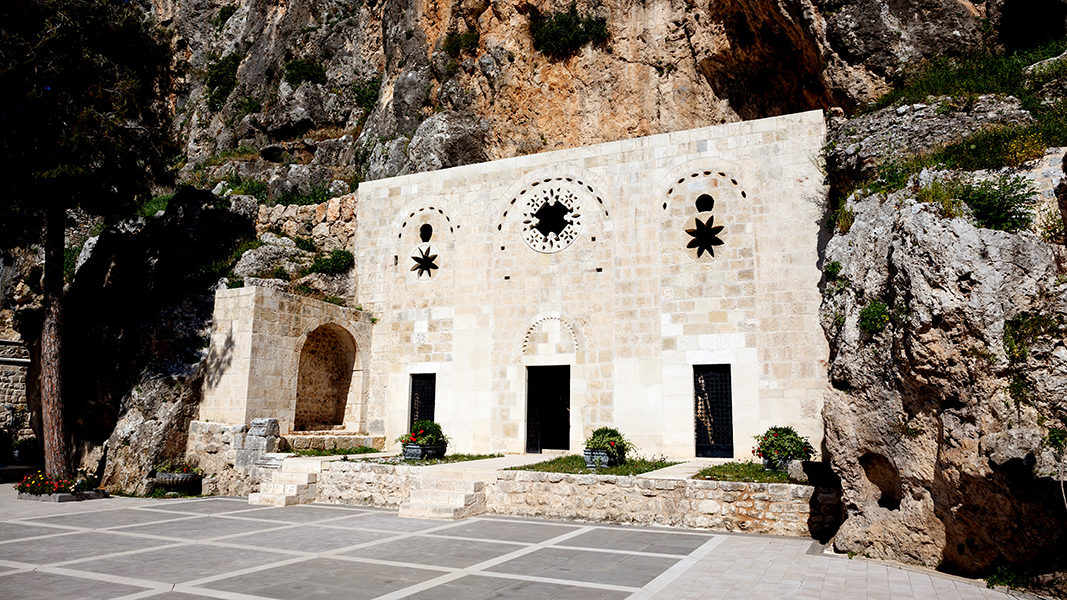I arrived in Antakya with my partner during Türkiye’s kurban bayramı, a week in the thick of summer that everyone takes off to celebrate Eid al-Adha. The city was sleepy and quiet, with heat rising up from the cobblestone streets. After a twelve-hour night bus from Ankara, we immediately went in search of food before realizing that, of course, every shop was shuttered — people were home with their families resting or out buying lambs to prepare for the sacrifice. The only shops that remained open served künefe and çay. We hopped between three different künefeciler in the city’s künefeci plaza, sampling which dessert was cheesiest, who gave the most syrup, and how well-cooked the dough was. We washed the sweetness down with bitter çay and dibek kahvesi.
It’s hard to write about Antakya today. I saw a video of the künefeci plaza a week after the earthquake — the shops we sat outside, laughing over syrup and pulling cheese apart with our forks, are now piles of rubble. I wonder, as I write, whether there’s a way to write about Antakya without writing about the earthquake. To write about the Antakya, before, that I had the joy of wandering through on a small trip in the Temmuz heat. Is it ethical, even, to write about a city I love but never lived in, using scattered fragments of a language I know only at an intermediate, textbook level? Antakya will rebuild, I know. But it will never again be the Antakya I saw. It will never be the same people I met (never the little boy who called me abla and pointed me up a scrubby hillside towards a hidden stone carving, never Murat Bey who worked at the bus station and shared an instant coffee with us as we waited for the bus back to Ankara in the orange setting sun). I think there is a reason to write what I saw in Antakya, however small and limited and heatwarped it was. Rubble shouldn’t be the only thing most of us know about Antakya.
Write what you know, my partner told me. I’m not a person who knows Antakya like they know the back of their hand. But I know the meals I shared with friends I made in the city. So I’ll start there.
I met Songül at the shop she runs for one of the local kadın kolektif in the area. She was learning English, I was learning Turkish, so our conversation was a perfect combination of the two. I translated slowly and clumsily for my partner. “Arabic is my mother-tongue,” Songül told us in Turkish (great, I had just learned “mother-tongue” in class the day before leaving Ankara!), “but I’m Turkish through and through.” The province that Antakya lies within, Hatay, was part of the French Mandate of Syria before transferring to Turkish governance in 1939. Songül told us that her parents didn’t speak a lick of Turkish, and her family was still tied to Syrian and Arab culture. We sat with Songül for a few hours, sharing a meal of fasulye and pilav before finishing up with a grainy Türk kahvesi. After leaving, I lost her phone number. When I reached out to the kadınkolektif this month over social media to ask about her, they said everyone was okay. What does “okay” mean for people in Antakya today?
Tired after clambering up a yellow-grassed hillside to Senpiyer Kilisesi, one of the oldest churches in Christianity, I stood overlooking the city. It was dense with homes, apartments, mosques. Some apartment buildings were covered in throngs of vines and flowers. Laundry dried quickly on lines that hung between houses. The sun was beating into the dusty path and against my scalp. I imagined this climb up the hillside made by the Christians who worshiped here in secret centuries ago. Did the moon light their way, casting the slope in blue? Back then, their church was just a small cave with a constant water drip, used for baptisms and treating the ill. Their voices must have echoed in the cool airiness of the cave.
Everyone stayed up late in Antakya. Even tiny children would still be running around with their families in the main part of the old town at midnight. Maybe it was because of the bayram, but maybe this was just typical for Antakya. We found a coffee shop that was open late, serving Hatay province’s famous haytalı dessert and strong coffee to huge crowds. The place seemed to be constantly packed, a steady crowd of people seeking out the refreshingly cold dondurma and rose syrup of their haytalı. Big fans spun lazily on the ceiling, and the shop’s terrace was draped in dark green vines that made it feel like a cool, underwater sanctuary from the heat.
One day, we came to the shop for haytalı at least three times. Our server recognized us and brought our order out each time. She was our age, so we talked about twenty-year old things — school, working at the shop, siblings, where we want to live someday (“Antakya!” I said, “Istanbul,” she countered). The shop felt like a center of city life. Maybe that’s just my perception, but it was hard not to see it; everyone was there, couples leaning over tables towards each other, kids on sugar highs sprinting around the terrace, the shop owner (a huge Che Guevara tattoo on his bicep) leaning over tables chatting with regulars and wiping rose syrup spills up with the corner of his apron.
Someday, I’d like to drink kahve like old Turkish dads are able to: sipping the boiling water as though it’s room temperature, black and full of grittiness, in one hand while driving a car or smoking. The whole summer I spent in Türkiye, I was laughed at for the timid way I sucked hot drinks through my teeth and fanned my tongue when I took sips that were too big. When we arrived back at the bus station to catch another night bus away from the city, we saw Murat Bey for the second time. He worked the till at the bus station bathrooms, and was the first person we had met in the city just a few days earlier. He clapped us on our backs and disappeared after exchanging greetings. A few minutes later, he came out of a shop with three cups full of kahve and gestured for us to sit and share a drink with him. I took tiny sips as the setting sun filled the empty bus terminal with orange light.
Though Murat Bey spoke no English, my hesitant Turkish had been enough for most of the conversation. We told him about our families, and I explained why I was learning Turkish. He had lived in Istanbul years ago, he explained, but Antakya was home now. He thought of the young kids working at the bus terminal as his sons and nephews. We went back and forth with these questions and kindnesses, until we asked how he had ended up in Ankara. Murat Bey took out his phone and spoke directly into the translate app. Evidently what he wanted to tell us was beyond the scope of my one year of Turkish classes.
The app translated for us. My partner and I read it together. In 1999, he told us, he had left Istanbul. His wife and children had died there, in the İzmit earthquakes. Antakya was a new home for him, as far south as he could get from the city where his life was destroyed. We worked at our coffees and Murat put an arm over one of the bus station workers who came over to join us. The two of them stayed with us, talking and translating, until our bus came. I think about Murat Bey and Antakya often these days.
Emma Janssen is a 21 year-old University of Chicago student who spends her time writing, learning languages, and (recently) rowing. Her writing has appeared in the Between My Body and the Sky Anthology and Expositions, and won the Robinson Sykes Poetry Prize. She has appeared in Cambridge, Ankara, Akre, Oakland, and many other places.

